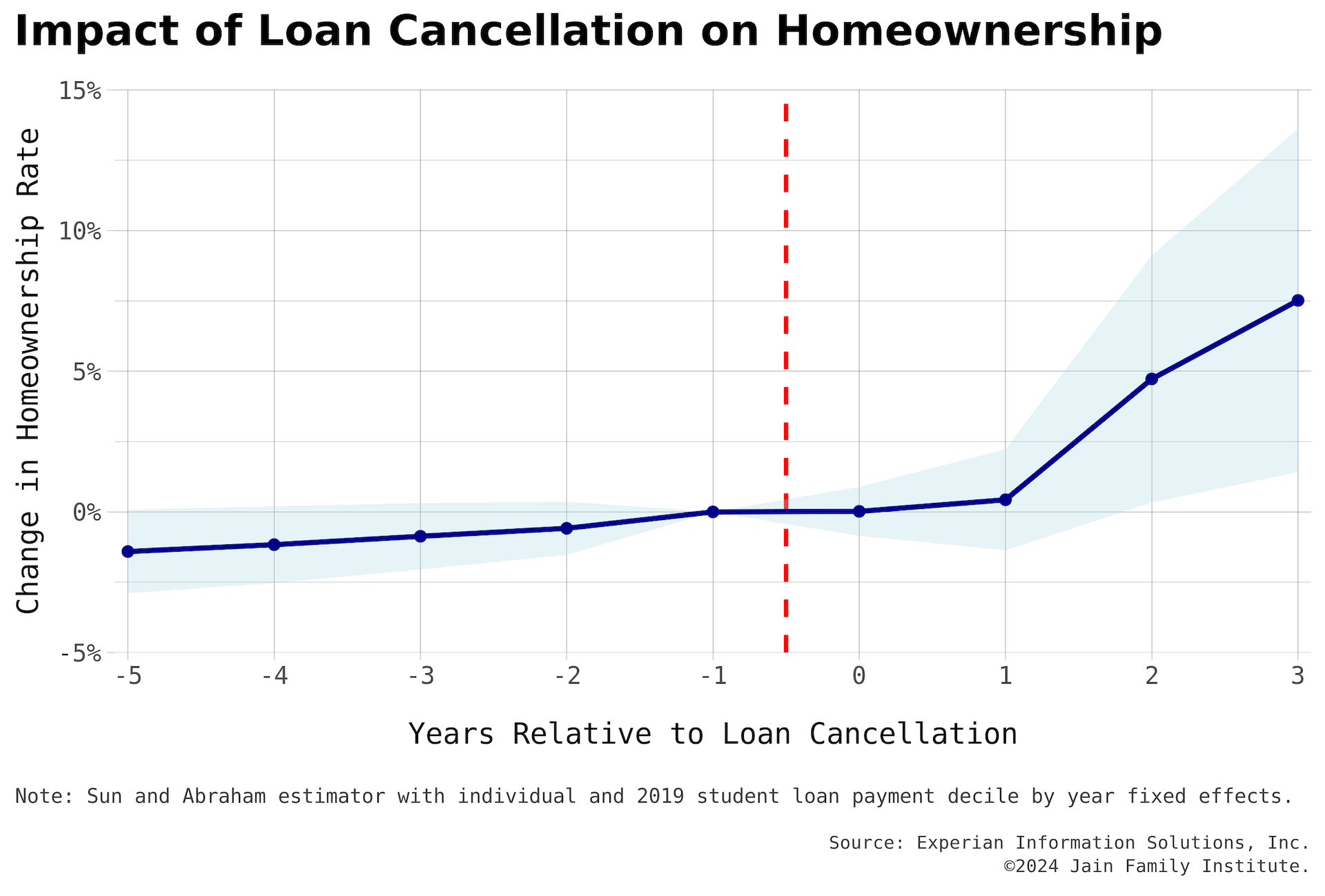Marshall Steinbaum


On Friday, we welcomed Marshall Steinbaum to discuss his paper cowritten with Julie Margetta Morgan titled “The Student Debt Crisis, Labor Market Credentialization, and Racial Inequality: How the Current Student Debt Debate Gets the Economics Wrong.” Read it here.
A few key points: First, Steinbaum explained a common misconception: “There’s an assumption that the skills gap is the problem. You can’t understand this crisis if you don’t understand that that whole paradigm is incorrect.” Second, a point from the paper: “The population as a whole became more educated, but those incremental increases in education resulted only in lower earnings for each educational attainment group … [a] going-up-the-down-escalator dynamic.” Third, Steinbaum emphasized that many totally misunderstand the phenomenon of non-repayment of student debt. “If a population isn’t repaying, it’s a sign they’re especially burdened, not that they’re not burdened.”
Related
New Report on Student Debt Cancellation; Coverage in Marketwatch
Marketwatch: "The analysis is the first to provide a sense of who has benefited from the $153 billion in debt cancellation...
ISA research cited by White House and others
This research formed part of a White House issue brief, "The Economics of Administration Action on Student Debt."
Working Paper — Navigating Higher Education Insurance: An Experimental Study on Demand and Adverse Selection
A survey-based experiment in collaboration with the Philadelphia Federal Reserve.


